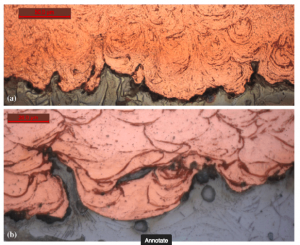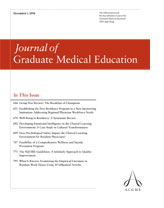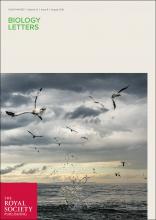
A paper describing the construction of a material that could be used in nuclear fuel containers has been retracted after the authors left out key details.
According to the editor, the omission made the authors’ method seem more novel than it was.
The material is described in “Structure and Mechanical Properties of Thick Copper Coating Made by Cold Spray.” It was published in the January 2016 issue of the Journal of Thermal Spray Technology.
According to the retraction notice, the authors did not specify in the paper how the first layer of copper was sprayed onto the steel:
 An oncology journal has retracted a 2014 paper that contained a potentially fatal mistake.
An oncology journal has retracted a 2014 paper that contained a potentially fatal mistake.

 Following a journal probe and questions on PubPeer about their work, authors in Spain have issued four corrections, citing missing raw data for experiments conducted more than 10 years ago.
Following a journal probe and questions on PubPeer about their work, authors in Spain have issued four corrections, citing missing raw data for experiments conducted more than 10 years ago.


 In August, Science told us it was
In August, Science told us it was  The University of Tokyo is investigating a 2011 stem cell paper in Cell Cycle, recently retracted over irregularities in four figures.
The University of Tokyo is investigating a 2011 stem cell paper in Cell Cycle, recently retracted over irregularities in four figures.